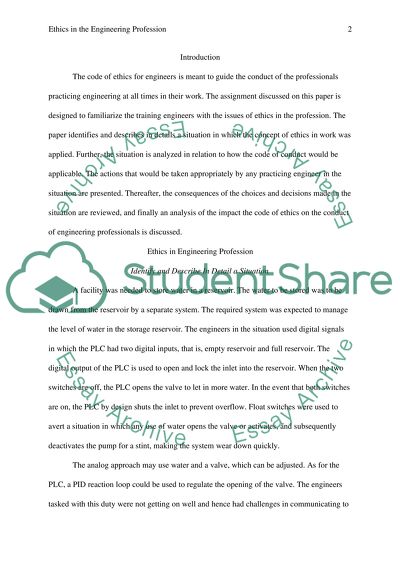Cite this document
(Ethics in the Engineering Profession Assignment, n.d.)
Ethics in the Engineering Profession Assignment. Retrieved from https://studentshare.org/human-resources/1599779-ethics-in-the-engineering-profession
Ethics in the Engineering Profession Assignment. Retrieved from https://studentshare.org/human-resources/1599779-ethics-in-the-engineering-profession
(Ethics in the Engineering Profession Assignment)
Ethics in the Engineering Profession Assignment. https://studentshare.org/human-resources/1599779-ethics-in-the-engineering-profession.
Ethics in the Engineering Profession Assignment. https://studentshare.org/human-resources/1599779-ethics-in-the-engineering-profession.
“Ethics in the Engineering Profession Assignment”, n.d. https://studentshare.org/human-resources/1599779-ethics-in-the-engineering-profession.


